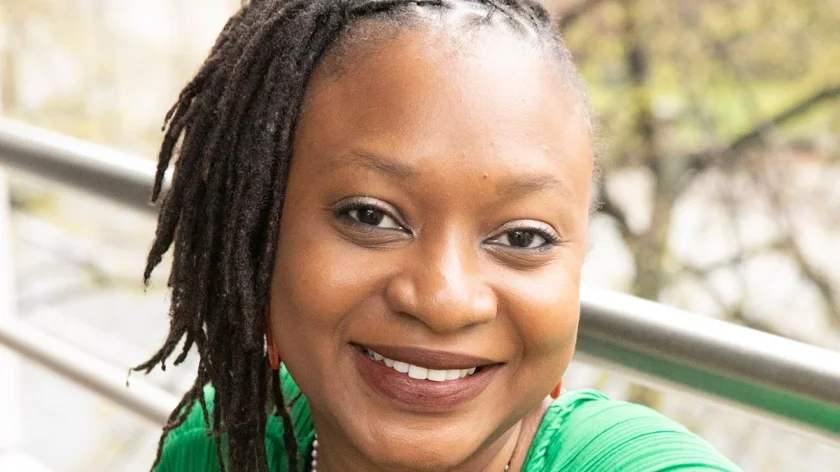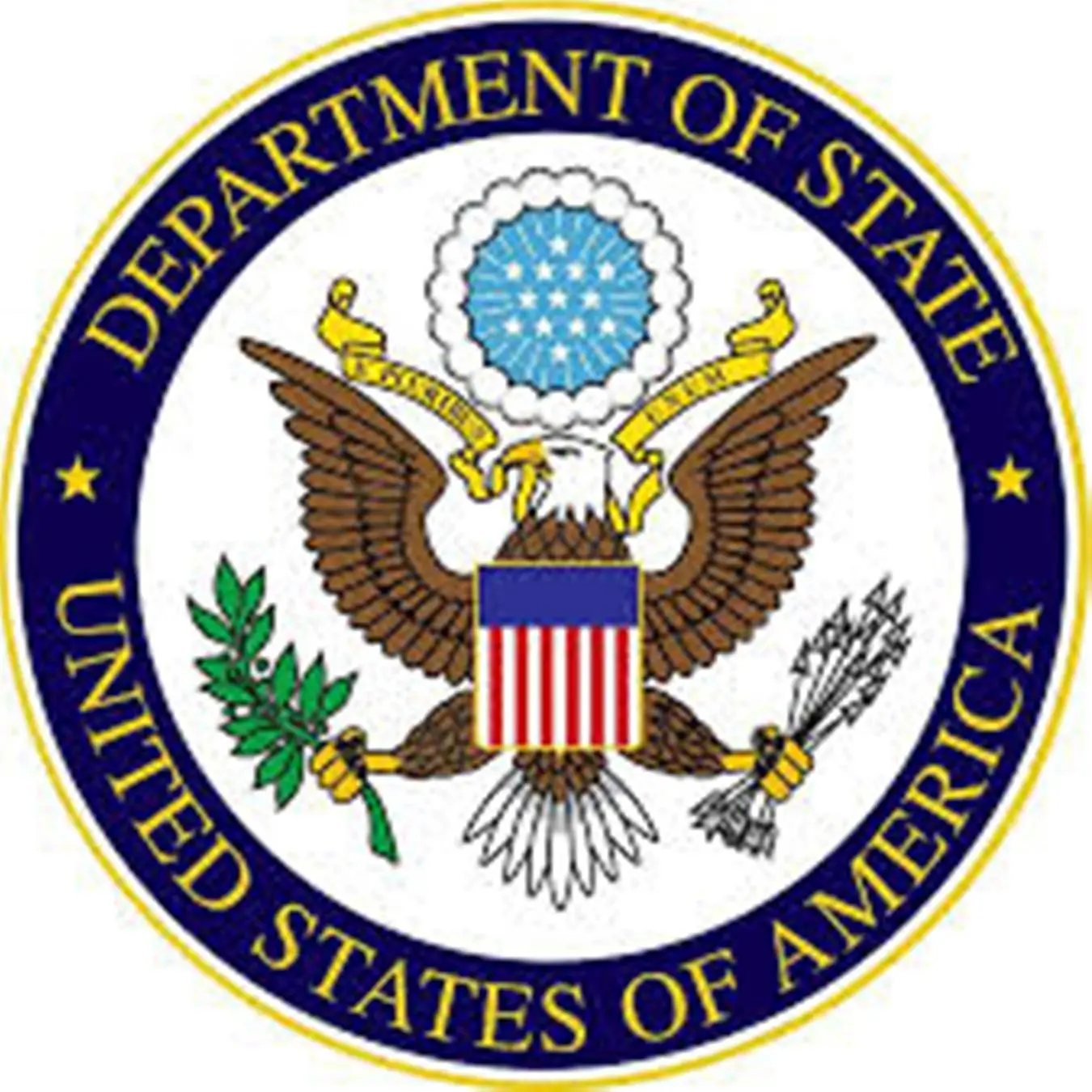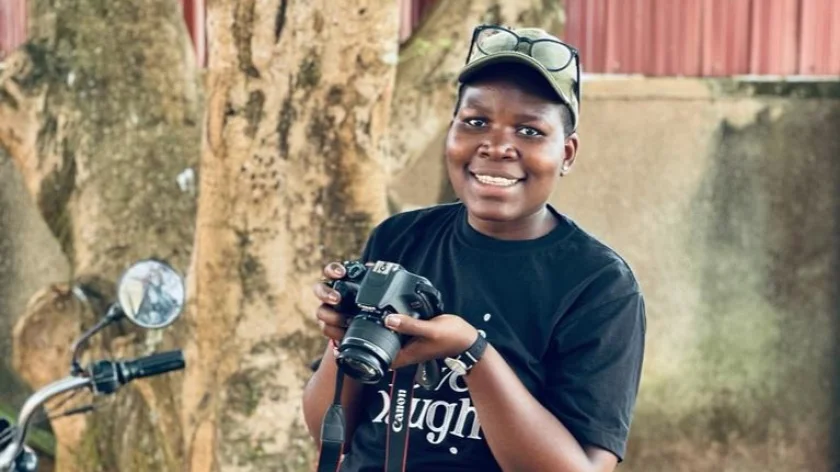Aminata (Amy) Sidibé is an environmental engineer and founder of the civil society organization Écologie Universelle, which supports biodiversity protection and social justice initiatives in Senegal and across Africa. She also leads Partnerships and Cooperation at GYBN Francophone, the umbrella organization that supports the development of French-speaking chapters of the Global Youth Biodiversity Network.
In an interview ahead of the Seventh GEF Assembly, she reflected on her work in Senegal and along the Senegalese-Mauritanian border and shared why she is focused on Indigenous-led knowledge and solutions as she works to ease pressure on her local environment and the broader world.
How did you get started in this field?
After graduating with a degree in management in Senegal, I moved to France to study sustainable management. I eventually became an engineer in environmental sciences. I started working and set up Écologie Universelle to advance both sustainable development and social justice in West Africa. My commitment in this area really stems from the knowledge – gained during my studies – that rural solutions can do a lot to solve global problems.
What are you currently focused on?
I work daily on issues of biodiversity protection, social justice and I fight against all forms of inequality. To this end, I created the NGO Écologie Universelle, and I’m in charge of Partnership and Cooperation at GYBN (Global Youth Biodiversity Network) Francophone.
In all these efforts, I am working to safeguard Indigenous knowledge and territories for the future. I am a Fulani descendant myself and this is very important to me. In the north of Senegal and on the Senegalese-Mauritanian border, I support a group of 80 women in preserving ancestral ecological knowledge while at the same time enabling them to gain economic independence.
Can you share other examples from your work?
I have helped support the emergence and economic development of three ecovillages in Senegal, more specifically in Casamance, in the Fatick and Diourbel regions.
Through the training courses our organization offers, we are also educating more than 150 young people each year in Senegal and Togo about biodiversity protection and international guidelines related to this, including the new Global Framework on Biodiversity.
I am also proud of our Colors and Legacy program that is helping 80 Fulani women from Loboudou, in southern Mauritania, to create a feeder forest and craft center to sustainably feed their community, while at the same time strengthening local economic activity.
If you could share one message with today‘s political or business leaders, what would it be?
To take into account solutions from Indigenous territories and to shed scientific light on solutions from Indigenous territories, because I think rural solutions can solve global problems.
What are your hopes for the future?
I enjoy finding new ways to connect with people, especially young people, on these issues that I am passionate about. I created a comic strip for children about bees, titled La Collection Woobin et Jaja (The Adventures of Woobin and Jaja). I truly hope that kids and young leaders grow up with a focus on how they can help, and what solutions they can share, as we need that spirit to change the path we are on.
In addition to my specific focus on biodiversity and the environment, I also spend a lot of time reading and thinking about the alternative economy, the sustainable economy. By working alongside rural and Indigenous women, I have discovered another way of doing business – they take into account the preservation of biodiversity, people, and climate change before profit, and I aspire to do a thesis in this field. I hope this is the direction the world is turning toward, and I hope to be able to help with that.
What are you looking forward to at the GEF Assembly?
First of all, I’d like to express my gratitude for this wonderful opportunity to participate in the GEF Assembly. It is an honor for me to speak on behalf of GYBN Francophone and seek ways to strengthen our activities in partnership with others. I know that together we are fully capable of achieving the goals and targets of the Kunming-Montreal Global Biodiversity Framework, and this is an important step in that direction.





